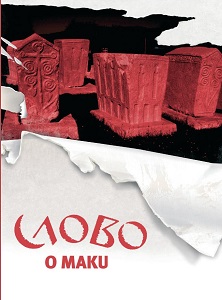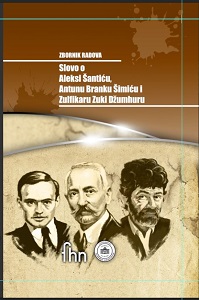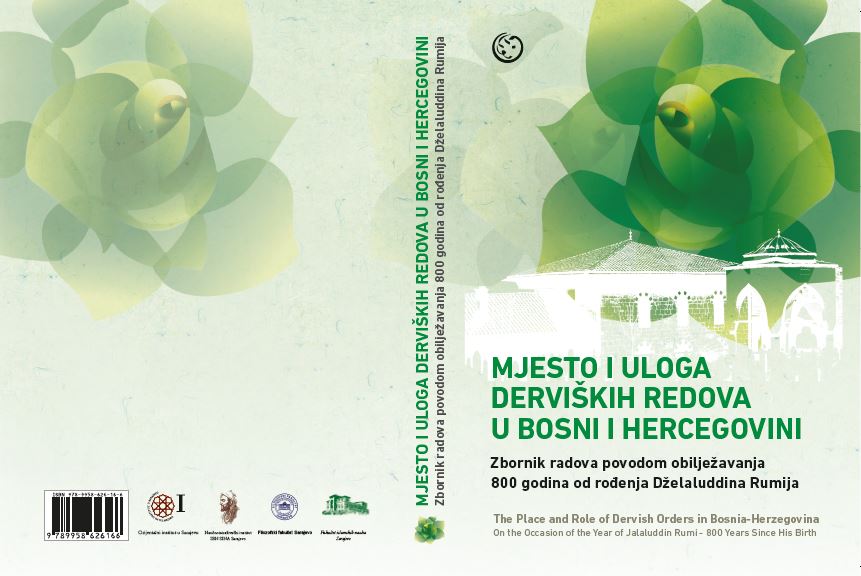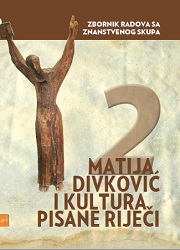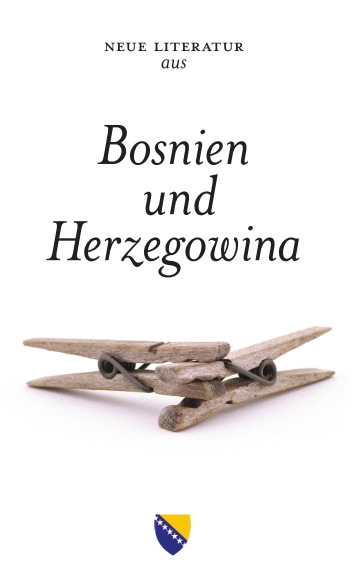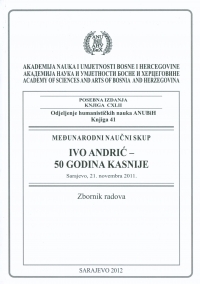Author(s): / Language(s): Bosnian,Croatian,Serbian
Naučnim skupom Nobelovac Ivo Andrić – 50 godina kasnije Odjeljenje humanističkih nauka Akademije nauka i umjetnosti Bosne i Hercegovine obilježilo je pedeset godina otkako je Ivo Andrić dobio Nobelovu nagradu za književnost. Kao što znamo, ova nagrada je tom velikanu naše književnosti priskrbila međunarodni značaj, a time i samoj našoj književnosti dala vidnije mjesto u svjetskoj kulturnoj javnosti. Andrićevo djelo, koje je i do tada bilo predmet velikog interesovanja i čitateljske publike i književnokritičke misli u svim krajevima Jugoslavije, postalo je, zahvaljujući Nobelovoj nagradi i prijevodima koji su uslijedili, zanimljivo za čitatelje širom svijeta. Od tada to djelo ne prestaje privlačiti pažnju književne kritike i van zemalja bivše Jugoslavije. Njen sud davno je izrečen: Andrić je veliki pisac. Međutim, ako je ta ocjena ostajala sve vrijeme jednako neupitna, pristup njegovom djelu značajno se mijenjao u proteklim decenijama, zahvaljujući znatnim dijelom brojnim novim (modernim i postmodernim) razumijevanjima i tumačenjima same književnosti, ali i kulture uopće. Osim toga, mi više ni svijet oko sebe ne vidimo onako kako ga je vidjela Andrićeva generacija, pa su i značenja koja “izvlačimo” iz njegovog djela drukčija od onih koje je u njemu prepoznavala kritika njegovog vremena. Andrićevo djelo, kratko rečeno, nama danas ne govori isto ono što je govorilo njegovim čitateljima 60-ih i 70-ih godina prošlog vijeka. A upravo je ova pedestogodišnjica bila pravi trenutak da se književno kritička misao ponovno suoči s njegovim djelom, da mu pristupi u suglasnosti s novim iskustvima čitanja i da oslušne što nam ono danas govori, i na koji način. Bez svake sumnje danas, pedeset godina poslije dobijanja Nobelove nagrade, književno djelo Ive Andrića postalo je izazovni predmet novih čitanja, odnosno čitanja u dosluhu s novim vremenom. A želja je ANUBiH bila da tim povodom okupi stručnjake različitih profila i književnokritičkih usmjerenja, koji bi Andrićevo djelo iznova sagledali, kako u perspektivi nekih modernih učenja (naratoloških, strukturalističkih, postkolonijalnih, feminističkih) tako i u okviru promjenjenog društvenog i ideološkog konteksta u kojem se ono danas čita. Zbog te želje da se njegovo djelo u novim tumačenjima dovede u korespondenciju s duhom našeg vremena, ANUBiH je okupila desetak poznavalaca Andrićevog djela, s uvjerenjem da će oni – svaki iz svog ugla – svojim izlaganjem značajno doprinijeti suvremenom tumačenju tog djela. Sad smo u prilici da u ovom zborniku predstavimo široj javnosti sva izlaganja koja su podnesena (ili bila planirana da budu podnesena) na tom naučnom skupu, koji je održan u prostorijama ANUBiH u ponedjeljak 21. novembra 2011. godine.
More...
